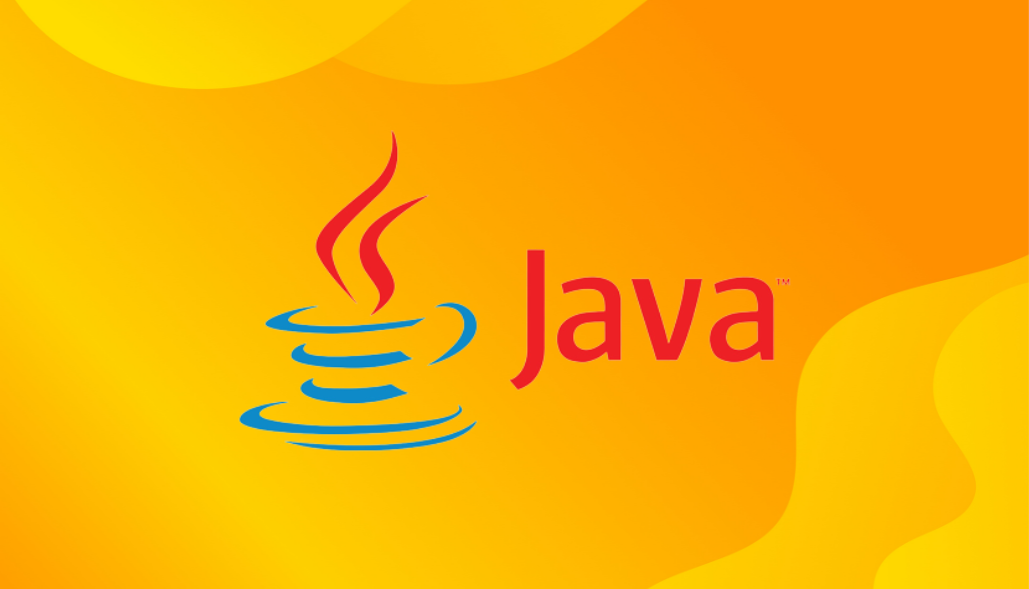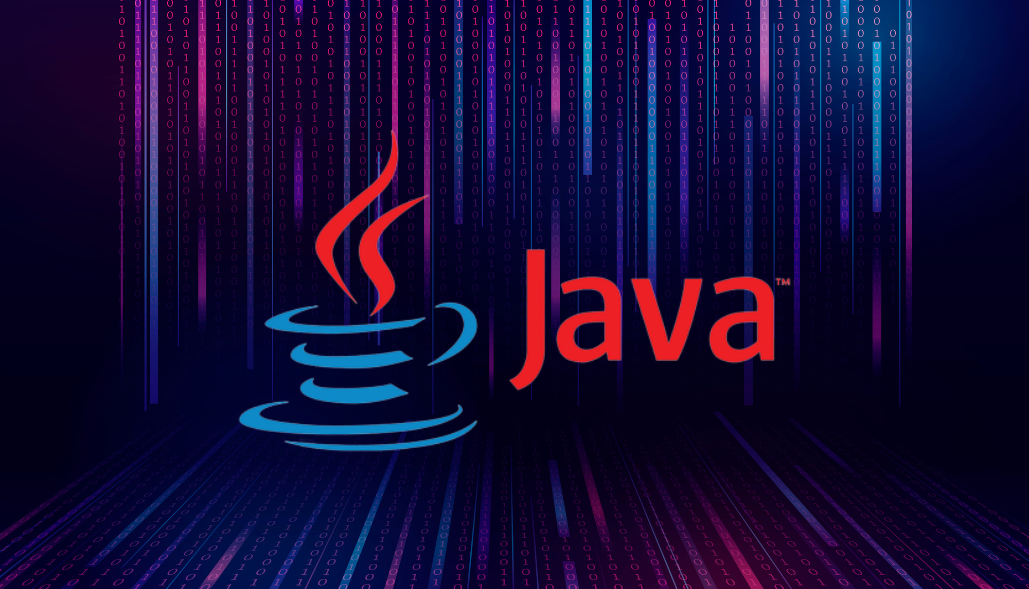Java Q & A
A horde of Java enthusiasts serving fellow Java peeps. Find Bacancy’s way to uplift the Java community by answering the most critical, common, unique, and one-of-its-kind Java questions.
Bacancy Technology
Bacancy Technology represents the connected world, offering innovative and customer-centric information technology experiences, enabling Enterprises, Associates and the Society to Rise™.
12+
Countries where we have happy customers
1050+
Agile enabled employees
06
World wide offices
12+
Years of Experience
05
Agile Coaches
14
Certified Scrum Masters
1000+
Clients projects
1458
Happy customers
Artificial Intelligence
Machine Learning
Cloud Services
AWS
Azure
Google Cloud
Salesforce
Microsoft
SAP
A horde of Java enthusiasts serving fellow Java peeps. Find Bacancy’s way to uplift the Java community by answering the most critical, common, unique, and one-of-its-kind Java questions.

